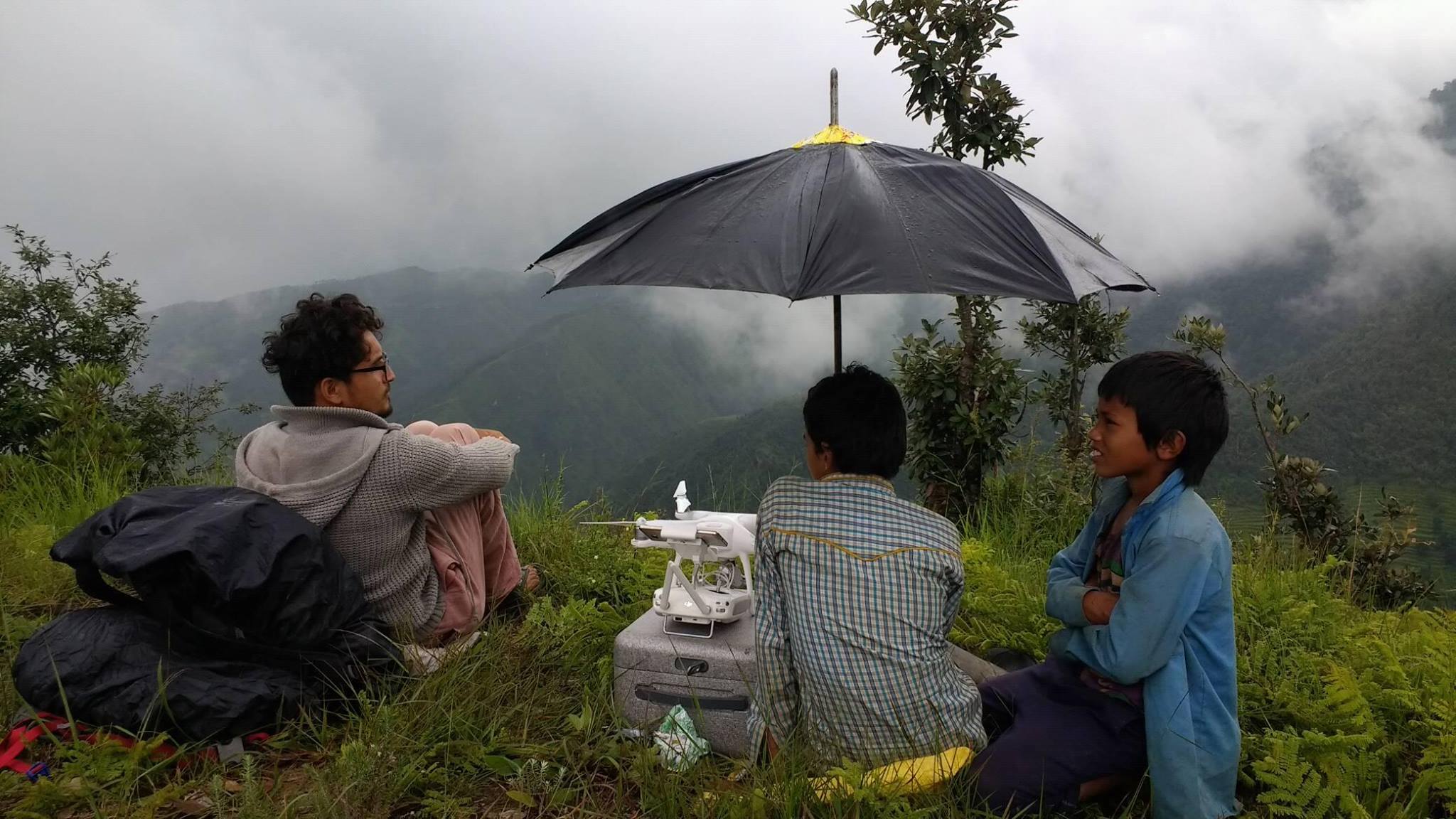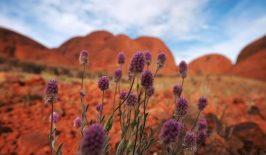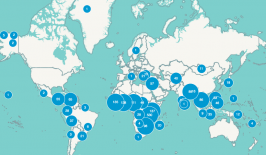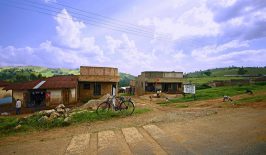We Robotics’ credo and approach is radical: they want to move away from the importation of international experts and towards a model of “local first”, in which the inhabitants of an area are able to take control of their own futures. The non-profit organisation, founded in December 2015 in Switzerland and the USA, is looking towards high-tech equipment to make this a reality. In particular, they have been constructing knowledge centres – so-called Flying Labs – in the Global South to provide locals with the tools they need to help themselves. Sonja Betschart, co-founder of WeRobotics and a technology entrepreneur from Switzerland, explains the foundation of the Flying Labs: “WeRobotics wants to bridge the ‘digital divide’ and bring together industry, NGOs and governments in the Global South with local experts.”
At the forefront of their efforts is the use of drones to collect and analyse data which can then be used to assist in various local projects. “Those affected are the experts on their own problems. Nobody knows better than people on the ground,” Betschart told RESET. “Technology and access to knowledge, however, are unequally distributed. This is exactly where we come in. Together with local experts, we have built up a total of 26 knowledge centres in Latin America, Africa, Asia and the South Pacific in three and a half years, enabling thousands of local people to solve their own problems with the help of drones and technological know-how.”
Local experts in the Flying Labs use drone technology to collect data and use it to create maps and 3D models. This kind of geodata can be used in many different ways: It can accelerate the delivery of emergency aid after natural disasters or help to adapt agricultural production methods to climate change. But they are also used in urban planning, for example to help map informal settlements, areas that have grown organically, without the use of development plans. Drones can also work to transport medicines and sample material from patients in remote regions. These are just a few examples, however, and there are hundreds of other scenarios in which such information can help. “People from Tanzania to Peru are very enthusiastically taking up the new technologies. They can help protect livelihoods and stimulate the local economy,” says Betschart.
COVID-19: More Autonomy for the Global South
But, all of that was yesterday. Today we are living with the coronavirus. The global COVID-19 pandemic has unceremoniously overturned international processes. International aid organisations have stopped their work and employees have been ordered back to their home countries. More than ever, the local people on the ground are being left to their own devices. “Borders are being drawn both globally and nationally,” says Betschart. At the same time, the WeRobotics co-founder sees a tremendous opportunity appearing: “The crisis creates an unprecedented space for local leadership, capacity to act and ingenuity. Local experts can use this new space to set the agenda and push more emphatically for more ownership of humanitarian and development cooperation activities. They have the opportunity to assume more power, while international actors have the responsibility to relinquish that power”.
In response to COVID-19, WeRobotics is currently providing local leaders with guidelines on conservation measures, technical resources, micro-grants and external grant opportunities. The organisation is also analysing and taking a critical look at other, sometimes controversial, ways of using drones. There is a lot of hype around the topic at the moment, including suggestions for drone use in the COVID-19 pandemic published by Droneii – a drone market institute. They suggested, among other things, that drones could be used to spray disinfectant from the air or to monitor social distancing arrangements. For their part, WeRobotics is encouraging broad discussion around the topic of drones through their blog posts and webinars – always staying true to their principles that it is the locals, the people on the ground who can decide best what help they need.
This is a translation by Mark Newton of an original article which first appeared on RESET’s German-language site.





